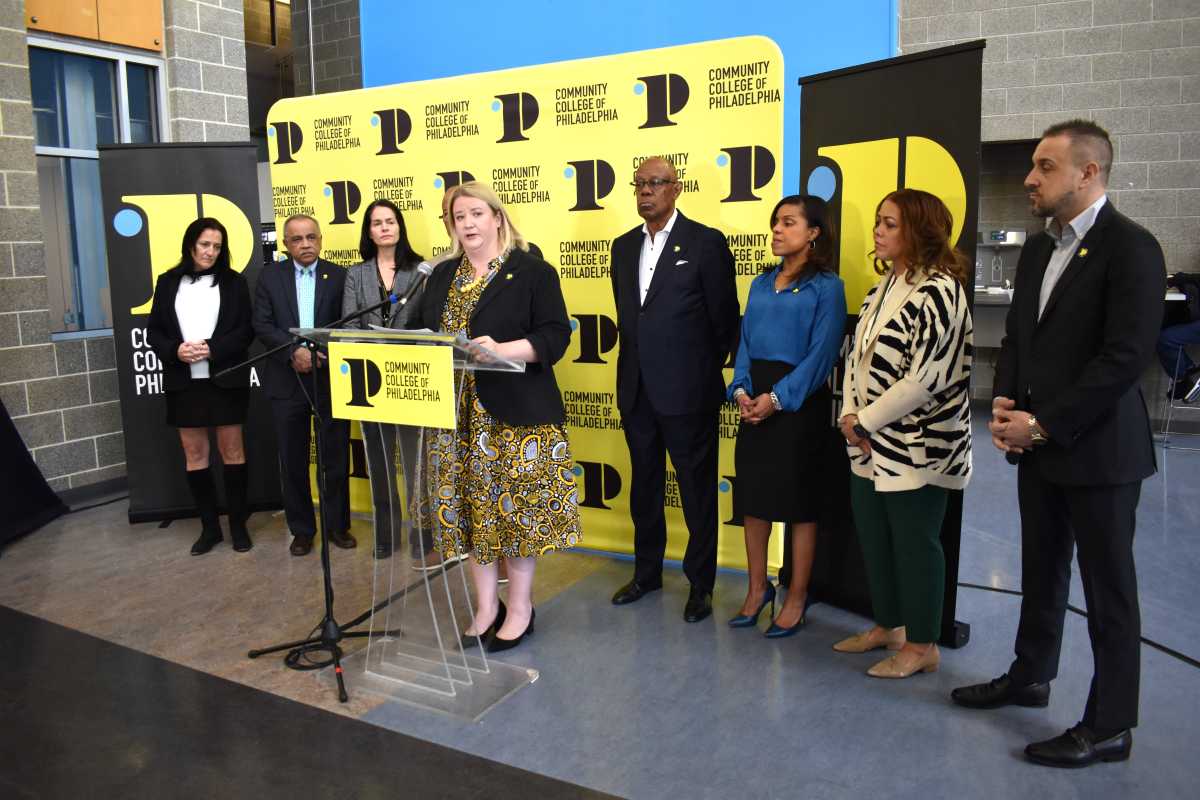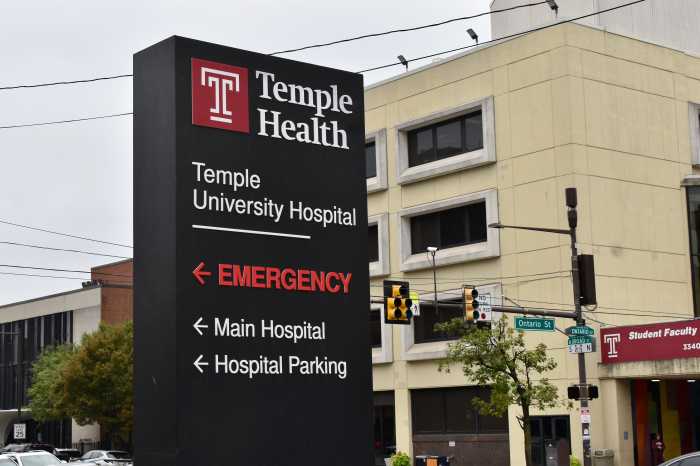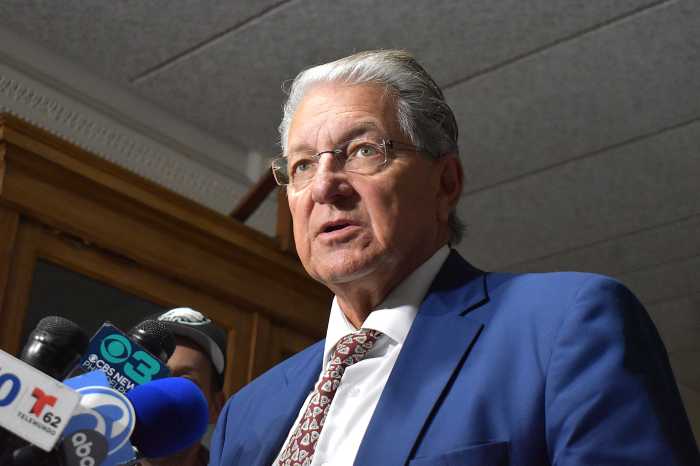Community College of Philadelphia administrators and union leaders reached a tentative agreement early Wednesday morning, only about three hours before staff planned to walk off the job.
The four-year deal averted a work stoppage that would have impacted classes for more than 10,000 students, just weeks before graduation.
On Monday, American Federation of Teachers Local 2026 set a strike deadline for Wednesday at 7 a.m. The sides had been in talks for nearly 15 months.
Union members voted overwhelmingly to authorize a strike earlier this month; CCP leaders responded last week by successfully requesting that the Pennsylvania Labor Relations Board appoint a fact-finder to recommend a path forward. Local 2026 officials lampooned the move as a “cowardly Hail-Mary delay tactic.”
Representatives from the college and union said the deal was struck at around 4 a.m. following around-the-clock negotiations.
“Most of the movement came in those final hours before the deadline,” Local 2026 co-President Junior Brainard told Metro.
“I think the possibility of a strike made everybody really say, ‘We need to work together very hard to make sure that our students can complete their semesters uninterrupted,’” said Shannon Rooney, CCP’s vice president for enrollment management and strategic communications, during an afternoon news conference.

The union, also known as the Faculty and Staff Federation, represents 1,200 professors, adjunct instructors, maintenance workers and other employees across three bargaining units.
Rooney told reporters that the agreement incorporates a 22% salary increase over the length of the contract. Previously, the college had offered 13% over three years, while the union was pushing for 30% in four.
While Local 2026 officials said they had secured free SEPTA passes for students, Rooney stopped short of confirming that aspect of the deal, saying only that union members would be brought into negotiations with the authority.
CCP and SEPTA have been in talks for more than a year, with school administrators saying as recently as March 17 that the passes remained “unaffordable.”
Frank Scales, a 21-year-old CCP student and South Philadelphia resident, told Metro he believes the transit benefit “will come if students push the issue and make it happen.”
“I think that this is progress, but I think we need to keep pushing,” added Scales, who was recently impeached as student government president and said he has been battling with CCP leaders to give students more of a voice in decision-making.
The tentative contract also raises minimum hourly pay for classified employees; reduces class sizes; introduces four weeks of paid parental leave for full-time workers; and offers the Personal Choice Plan free for staff earning less than $60,000 a year, according to CCP.
A union ratification vote is expected to begin in the coming days. The deal would then go before the college’s board of trustees for approval.




























